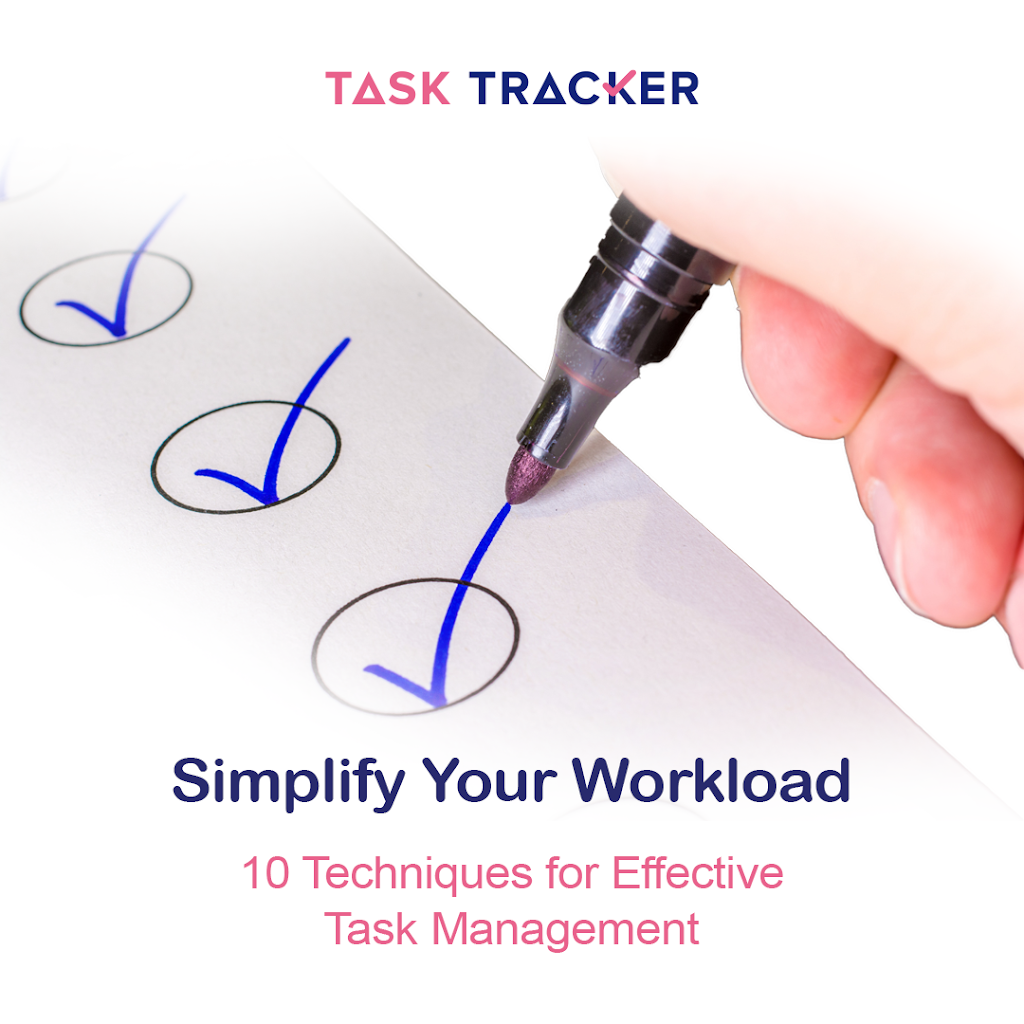To manage tasks effectively at work, it’s important to be organized, efficient, and proactive. This involves establishing clear objectives, prioritizing tasks, creating a schedule, and monitoring progress. Setting clear goals provides direction and motivation while prioritizing tasks ensures that the most important ones are tackled first. Creating a schedule helps allocate time slots for each task and reduces distractions while monitoring progress helps ensure that tasks are on track to meet their deadlines. All these practices help increase productivity, maintain focus, and ensure that objectives are achieved within the set timeframe. Effective task management ultimately leads to increased efficiency, job satisfaction, and overall success in the workplace
10 effective task management strategies that can enhance your productivity:
1. Make To-do Lists
To-do lists have stood the test of time and remain a powerful and effective tool for managing tasks. In the past, people relied on handwritten notes to keep track of their ideas and things to do. Today, there are smart to-do list apps that provide notifications and reminders before tasks are due. With the ability to jot down ideas in various forms, such as images, voice notes, and text, task management has become easier than ever before. To-do lists are an essential component of effective task management tips.
2.Prioritize
It’s understandable that not all items on your to-do list require immediate attention. While there may be some excellent ideas that can elevate your productivity, it’s crucial to prioritize what is important at a given moment. Once you’re clear on what matters at that time, you can better define the level of importance for each task.
3.Schedule
Creating a schedule for tasks is a vital task management skill that keeps teams on track. Distractions such as phone usage and small talk can cost professionals 21.8 hours a week. Individuals become more aware of their time and financial costs by assigning due dates to tasks. Scheduling helps keep teams focused on current priorities and avoid getting sidetracked. Allotting start and due dates ensure that tasks are completed on time.
4. Be Flexible
It is important to have a firm stance in order to meet goals and deadlines, but sometimes it is necessary to reconsider decisions in order to seize new opportunities. It is important to remain adaptable to deadlines when necessary. According to Osman Khan, CEO and co-founder of Paddle8, being flexible can increase productivity by allowing individuals to process information more effectively and freeing them from daily administrative tasks. This can lead to more creativity and innovation in problem-solving.
5. Manage Change
Embracing change is crucial, but knowing how to manage it is equally vital. Poor change management can harm project success, while effective change management can increase its likelihood six-fold.
6.Delegate
Overworking can harm productivity, as everyone has unique qualities that affect their performance under pressure. Eli Broad, the founder of two Fortune 500 companies, believes that managers who struggle to delegate face major issues. Understanding your team’s strengths and weaknesses can help you delegate tasks to the right person, fostering growth in your team.
7. Be Involved
Leaving the team after setting priorities and delegating tasks is not recommended. Neglecting involvement in a project is a leading cause of failure, according to a University of Ottawa study. Rather than micromanaging, be present and available for your team. It’s essential to ensure that all team members, including stakeholders and clients, follow the established plan, prioritization, and scheduling for success.
8. Be Patient
Setbacks are common in projects, and a UK study by Wellington found that only 37% of teams complete them on time. During such times, it’s natural to feel overwhelmed and demotivated. However, developing patience can help you and your team recover faster. As per Jack Ma, the founder of Alibaba, patience is a vital attribute to possess.
9. Communicate
Effective communication is critical, yet statistics reveal that professionals, including managers, lack communication skills. People often hesitate to express their thoughts, resulting in missed information and setbacks in personal and team tasks. The fear of appearing incompetent, lack of manager availability, and blame games are common reasons for poor communication. Team collaboration software can facilitate smooth communication between concerned parties. Insufficient communication can lead to significant financial losses, with an average of $62.4 million per year per company, according to “The Cost of Poor Communications” by David Grossman, which surveyed 400 companies with 100,000 employees each.
10. Use Task Management Software
The right task management tool can significantly increase personal and professional success, just like having the right ammunition for battle. Technology has helped startups become giants, and choosing the appropriate tool can enhance your chances of success. Consider researching and selecting feasible task management apps for your team, such as Task Tracker.



Leave a Reply